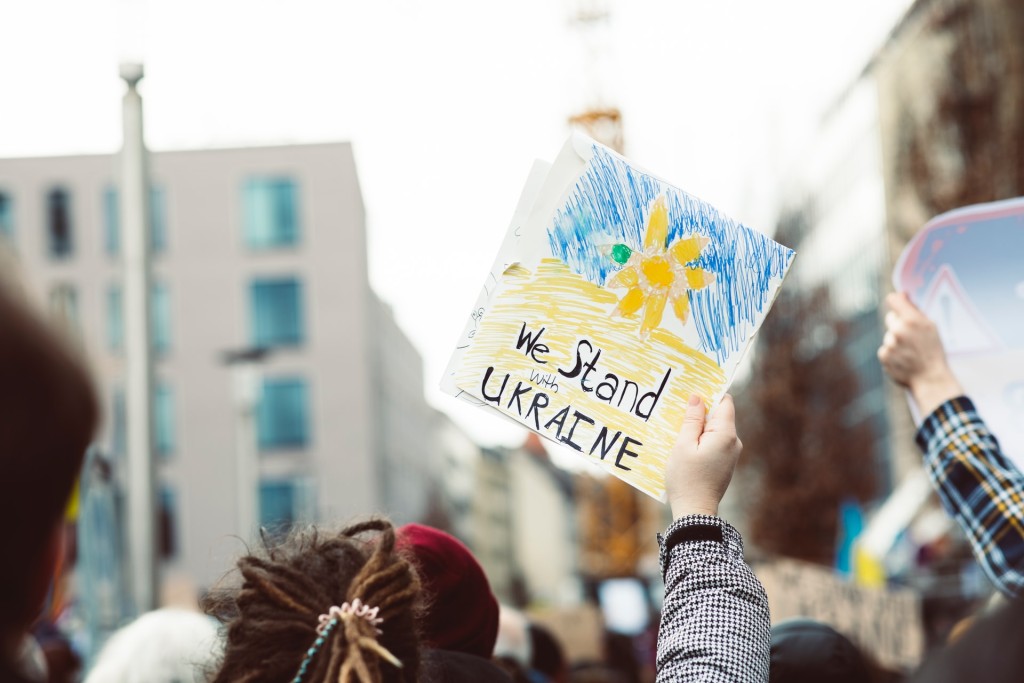
Estonia and Finland Want to Stop Granting Visas to Russians
BY
Liberte / September 2, 2022
In recent weeks, the topic of Russian travel into the European Union has become the subject of public debate in Estonia and Finland. Many Russians are taking advantage of the fact that the Finns lifted the pandemic restrictions this July as the opening of the Finnish-Russian border is an opportunity for them to use Finland as a transit point to other European countries.









